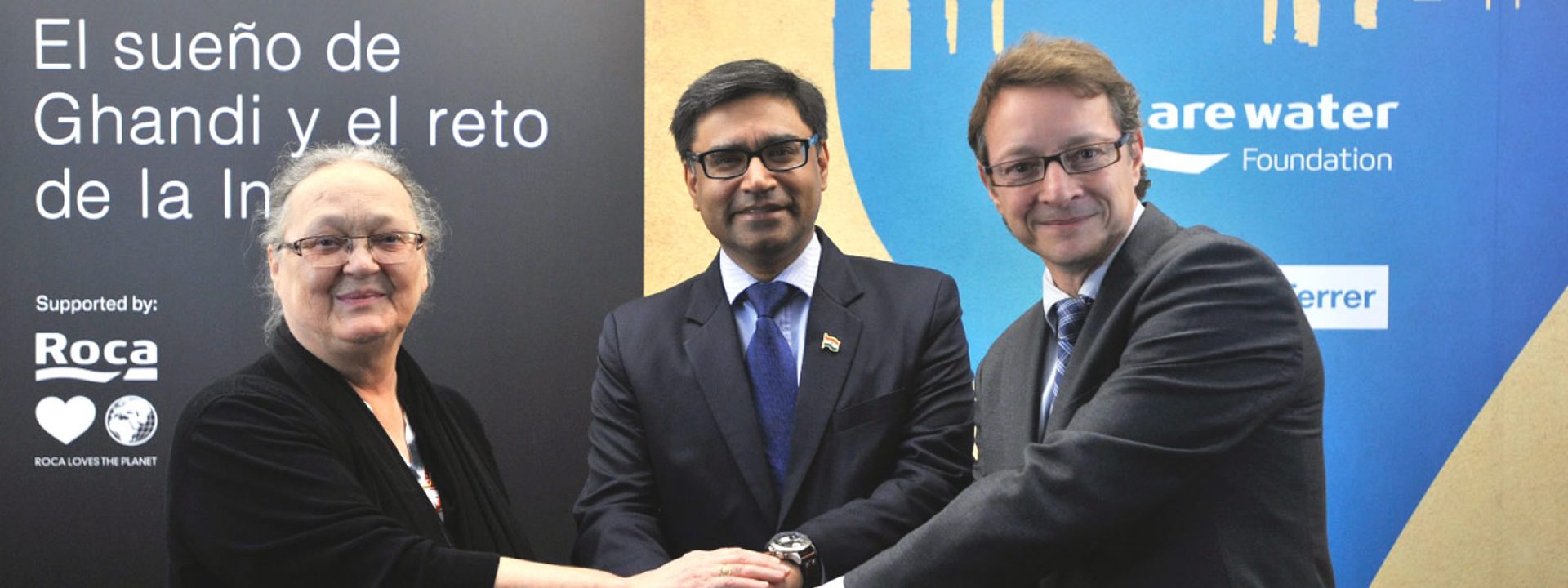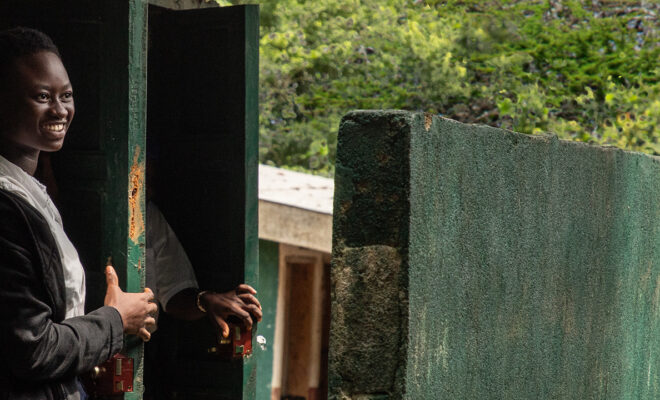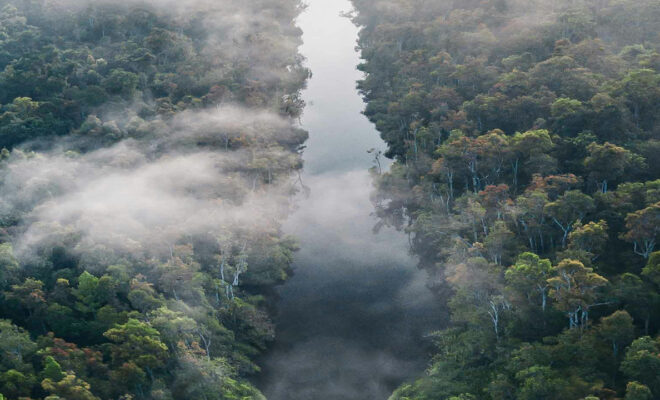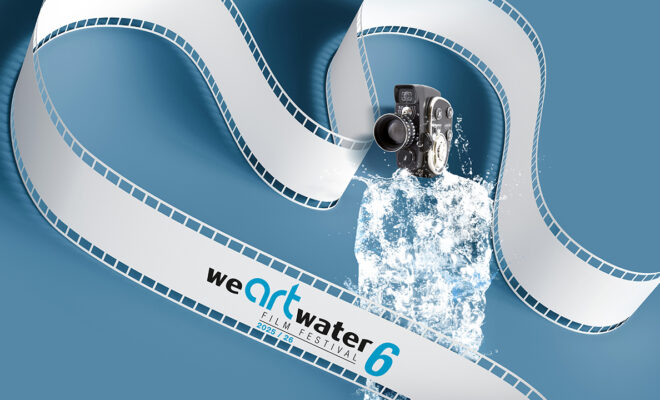- The Foundation has organized several events with experts who have debated about the main challenges posed by this problem in different places around the world
- At the Roca Barcelona Gallery, the meeting has been attended by the ambassador of India, the architect Anupama Kundoo and Xavier Torras, Director of the Foundation
- ‘The problem of sanitation: between shyness and poverty’ has been the title of the event hosted at the Roca Madrid Gallery
- The Foundation, together with its sponsor and driving force Roca, has signed a collaboration agreement to supply in very favourable conditions up to 40,000 sanitation plates in the province of Andhra Pradesh, as part of the project of the Government of India “Clean India”
La falta de acceso a un saneamiento adecuado y los millones de personas que sufren esta problemática en todo el mundo son el motivo por el cual el 19 de noviembre se celebra el ‘World Toilet Day’, Día Mundial del Retrete, establecido por las Naciones Unidas en 2013.
“Mejorar el saneamiento” es el reto que se promueve este año para este día. La Fundación We Are Water, que tiene este principio como uno de sus principales objetivos, ha celebrado el ‘World Toilet Day’ con diversos actos celebrados en los Roca Galleries de Lisboa, Madrid, Barcelona, Londres y Shanghái, además de eventos en otros países en los que tiene presencia.
En el Roca Barcelona Gallery se ha celebrado el encuentro “Saneamiento para todos. El sueño de Gandhi y el reto de la India”, una mesa redonda moderada por Ramón María Moreno, director general de Casa Asia e introducida por Xavier Torras, director de la Fundación We Are Water. En ella, participaron además S.E. Sr. Vikram Misri, embajador de la India; Maria Vallés, directora de Desarrollo Corporativo de Fundación Vicente Ferrer; la arquitecta india Anupama Kundoo y Gour Saraff, director general de la Cámara de Comercio India-Europa. Todos ellos, aportaron su visión desde su experiencia alrededor del tema.
Anupama Kundoo destacó que “es importante compartir ideas prácticas entre diferentes personas para promover el desarrollo sostenible” y el embajador de la India, Sr. Vikram Misri, añadió que “proveer de retretes no es el fin de la historia, también tenemos que cambiar la mentalidad de las personas”. Xavier Torras, desde su perspectiva como director de Fundación We Are Water, quiso destacar que “el reto al que se enfrenta la India es enorme y el éxito del programa Clean India dependerá de su éxito a diferentes niveles: desde la creación de infraestructuras hasta la educación”.
En el Roca Madrid Gallery el encuentro se ha celebrado bajo el título ‘La problemática del saneamiento: entre el pudor y la pobreza’, con la colaboración de iAgua, y ha contado con representantes de distintas entidades como Belén García, gerente de ONGAWA (Ingeniería para el Desarrollo Humano); Gonzalo de Castro, ejecutivo senior de CAF; David Escobar, socio de iAgua; Liana Ardiles, directora general del agua de MAGRAMA (Ministerio de Agricultura, Alimentación y Medio Ambiente) y Xavier Torras, director de la Fundación We are Water.
El acto, moderado por iAgua, se ha iniciado con las palabras de Xavier Torras, que ha remarcado que “Bill&Melinda Gates Foundation y Fundación We Are Water estamos colaborando para terminar con esta problemática”. Por su parte, Belén García ha destacado que “la mitad de las camas hospitalarias en países en vías de desarrollo están ocupadas por personas con enfermedades provocadas por la problemática del saneamiento”. Desde CAF, han mencionado que “si el sector privado no participa con el pueblo en este problemas, no conseguiremos los resultados esperados”. Finalmente Liana Ardiles ha comentado que “no hay política del agua, no hay gobernación del agua, sin la participación de todos”.
También en los Roca Galleries de Lisboa, Londres y Shanghái, se han organizado mesas redondas conmemorando el “World Toilet Day”. En Lisboa, el foco del encuentro ha sido los problemas del saneamiento en las ciudades urbanas del siglo XXI. En Londres han abordado la temática desde un punto de vista más arquitectónico y, por último, en Shanghái se ha desarrollado el encuentro sobre los nuevos avances en los campos del uso del agua y la conservación con iniciativas ecológicas.
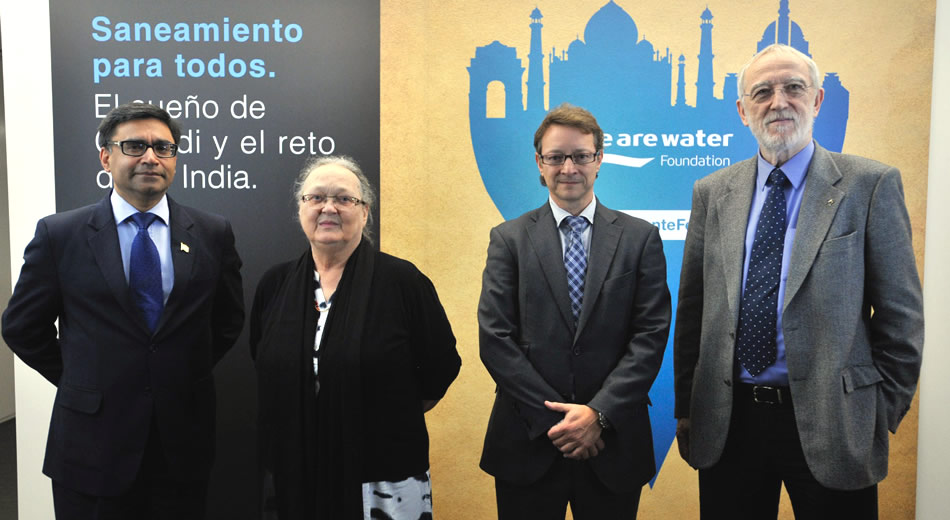
Firma del acuerdo de colaboración con Fundación Vicente Ferrer, Madrid
En el marco del ‘WorldToilet Day’, la Fundación We Are Water ha firmado un acuerdo de colaboración para suministrar a través de su patrocinador e impulsor Roca, hasta 40.000 placas de saneamiento en el Estado de Andhra Pradesh, y dentro del macro proyecto del Gobierno indio “Limpia India”.
Este programa llamado Swachh Bharat Abhiyan (Misión Limpiar India) e impulsado por el nuevo primer ministro indio, Narendra Modi , contempla la construcción de 110 millones de letrinas de aquí a 2019, y tiene la intención de mejorar la situación de saneamiento de sus habitantes y, en consecuencia, mejorar su calidad de vida.
La Fundación Vicente Ferrer ha participado en esta iniciativa en Anantapur y Kurnool, en el Estado de Andhra Pradesh, en colaboración con el Gobierno de la India. Los equipos de trabajo de la Fundación intermedian en la construcción de letrinas y realizarán una campaña de concienciación sobre su uso. Las familias reciben un subsidio por su vivienda de 15.000 rupias 215 euros, que se entregan en dos fases: la primera cuando las fosas estén hechas y la otra cuando la letrina está lista para su uso.
En el acto han estado presentes el embajador de la India, el Sr. Vikram Misri; la presidenta de la Fundación Vicente Ferrer, Anna Ferrer; el director general de la entidad, Jordi Folgado y Xavier Torras, director de la Fundación We Are Water.
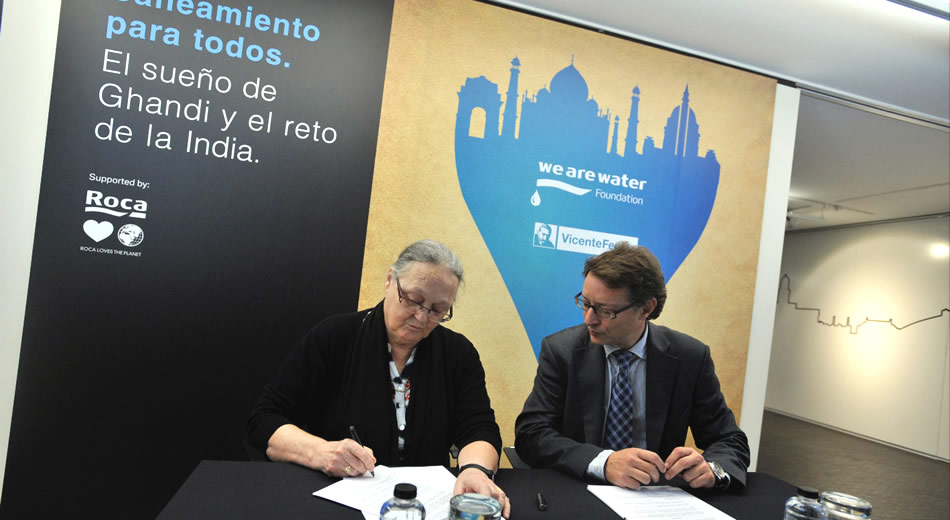
Sobre la Fundación We Are Water
La Fundación We Are Water tiene dos objetivos fundamentales. El primero es sensibilizar y hacer reflexionar a la opinión pública y a las instituciones sobre la necesidad de crear una nueva cultura del agua que permita el desarrollo justo y una gestión sostenible de los recursos hídricos en el mundo. El segundo es la realización de todo tipo de acciones destinadas a paliar los efectos negativos de la falta de recursos hídricos adecuados. Las áreas de actuación de la Fundación incluyen la intervención en infraestructuras, educación, salud e investigación en las zonas más necesitadas del planeta.


